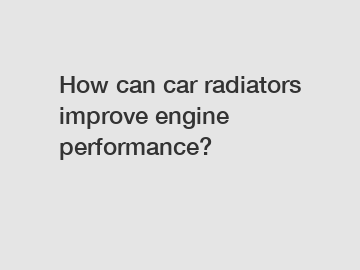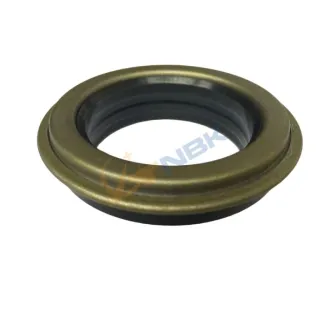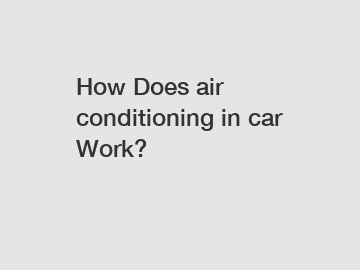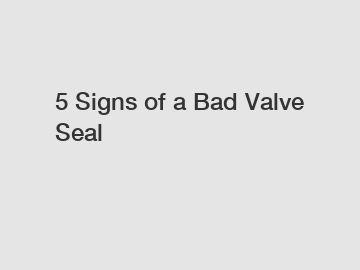How expensive is it to fix an oil leak?
Do You Know The Cost of Repairing Oil Leaks?
Dealing with an oil leak in your vehicle can be a frustrating and potentially costly issue to resolve. The expenses associated with repairing an oil leak can vary depending on several factors, including the cause of the leak, the extent of the damage, and the type of vehicle you own.
1. Identifying the Source of the Leak:
The first step in addressing an oil leak is identifying its source. Oil leaks can originate from various components of the engine, including gaskets, seals, hoses, and oil pan. The cost of repairing the leak will depend on which component is faulty and needs to be replaced or repaired.
2. Common Causes of Oil Leaks and Repair Costs:
Valve Cover Gasket: A leaking valve cover gasket is a common cause of oil leaks in vehicles. Repairing or replacing the valve cover gasket typically costs between $100 to $350, depending on the make and model of the vehicle.
Oil Pan Gasket: If the oil pan gasket is damaged or worn out, it can lead to oil leaks. Repairing or replacing the oil pan gasket may cost anywhere from $200 to $600, depending on the accessibility of the oil pan and the complexity of the repair.
Oil Seal or O-Ring: Faulty oil seals or O-rings can cause oil leaks in various parts of the engine, such as the crankshaft, camshaft, or oil filter housing. Repairing or replacing these seals typically costs between $150 to $500, depending on the location and accessibility of the seal.
Oil Cooler Line: Leaking oil cooler lines can result in oil leaks and should be promptly repaired or replaced. The cost of repairing or replacing oil cooler lines can range from $200 to $600, depending on the make and model of the vehicle and the complexity of the repair.
Additional resources:
How do I know if my oil seal is bad?
Key Questions to Ask When Ordering Radiators for Cars
How to Determine the Valve Oil Seal is Broken?
What Is A Leaf Spring?
5 Faulty Radiator Symptoms You Should Know!
What Is Leaf Spring and How Does It Work?
What is the leaf spring used for?
3. Additional Factors Affecting Repair Costs:
Labor Costs: The cost of labor for repairing an oil leak will vary depending on the mechanic's hourly rate and the amount of time required to diagnose and fix the issue.
Parts Costs: The cost of replacement parts, such as gaskets, seals, hoses, and oil filters, will also contribute to the overall repair expenses.
Vehicle Age and Condition: Older vehicles or those with high mileage may require more extensive repairs and replacement of multiple components, which can increase the overall cost of fixing an oil leak.
In conclusion, the cost of fixing an oil leak can vary depending on the cause of the leak, the extent of the damage, and the type of vehicle involved. While some oil leaks may be relatively inexpensive to repair, others may require more extensive work and incur higher expenses. It's essential to address oil leaks promptly to prevent further damage to the engine and avoid costly repairs in the future. Consulting with a qualified mechanic and obtaining multiple quotes for repair services can help ensure that you receive accurate diagnosis and cost-effective solutions for addressing oil leaks in your vehicle.
Ultimate Guide: Cost to Replace Car Radiator Explained
Ultimate Guide: Replacing Radiator - Cost Breakdown
Future of Radiators: Sustainable Heating Solutions?
Cutting Costs: How to Save on Radiators
Top Sales on Forklift Radiators – Solve Your Heating Problems!
Ultimate Guide: Upgrading Radiator for Trucks?
Which features make Avalon Heavy Duty '00-04 reliable?
Related Articles










Comments